Treatment
-
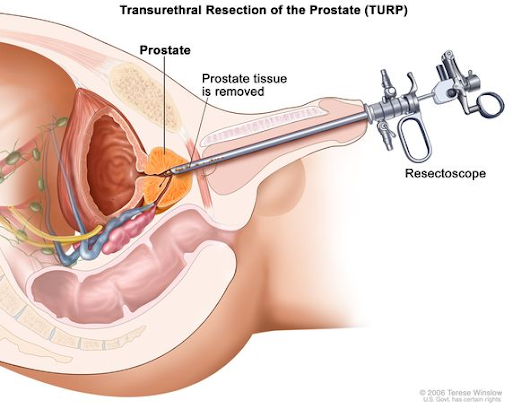
Transurethral Resection Of The Prostate (Turp) Pro
Transurethral resection of the prostate (commonly known as a TURP, plural TURPs, and rarely as a transurethral prostatic resection, TUPR) is a urological operation. It is used to treat benign prostatic hyperplasia (BPH). As the name indicates, it is performed by visualising the prostate through the urethra and removing tissue by electrocautery or sharp dissection. It has been the standard treatment for BPH for many years, but recently alternative,…
-
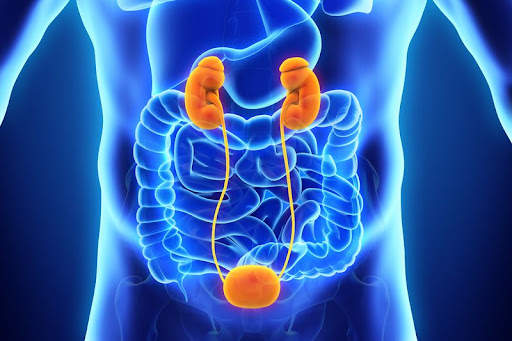
Blood In Urine (Hematuria) Treatment
The following tests and exams play a key role in finding a cause for blood in your urine: Physical exam, which includes a discussion of your medical history. Urine tests. Even if your bleeding was discovered through urine testing (urinalysis), you’re likely to have another test to see if your urine still contains red blood cells. A…
-
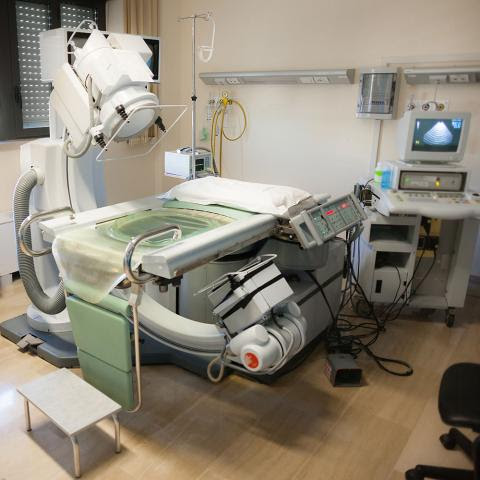
Lithotripsy Procedure
It is common to develop stones in the kidneys, gallbladder, or ureters. Sometimes, stones are small enough to leave the body during urination without a person noticing. However, large kidney or ureter stones can cause pain and block the flow of urine. If stones do not pass, they can damage the kidneys and urinary tract.…
-
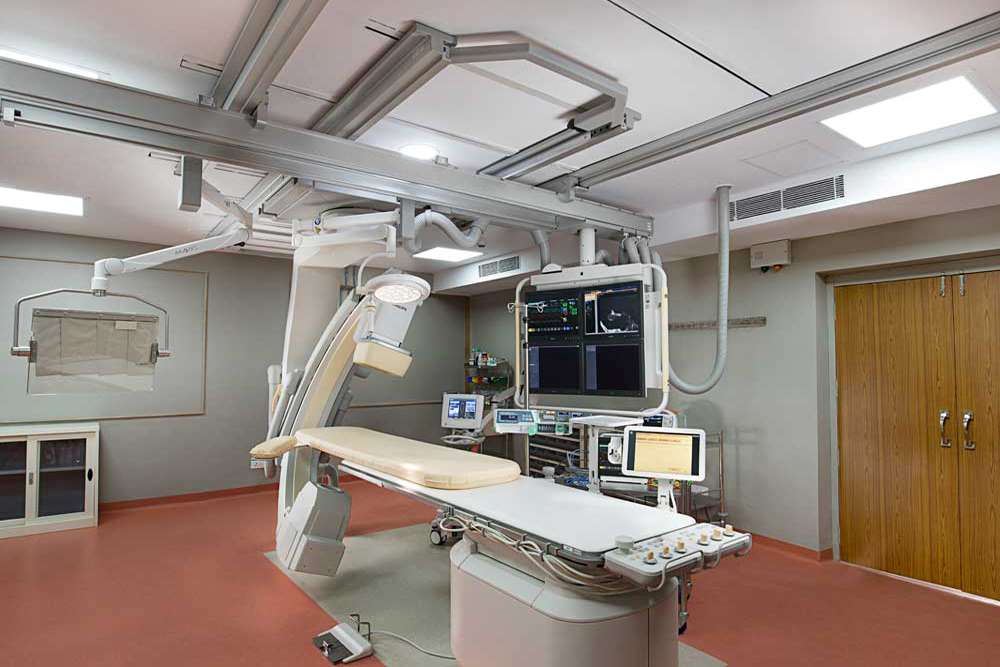
Cystoscopy Procedure
Cystoscopy is endoscopy of the urinary bladder via the urethra. It is carried out with a cystoscope. The urethra is the tube that carries urine from the bladder to the outside of the body. The cystoscope has lenses like a telescope or microscope. These lenses let the physician focus on the inner surfaces of the urinary tract. Some cystoscopes use optical fibres (flexible glass fibres) that carry an image from the tip…
-
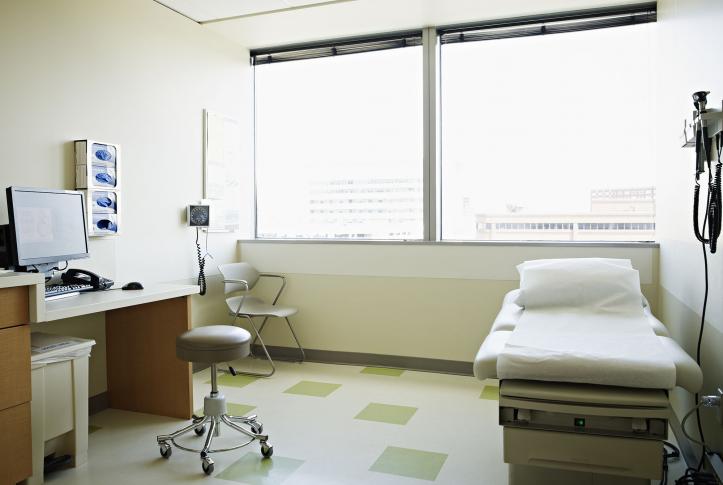
Vasectomy Surgery
Vasectomy is an elective surgical procedure for male sterilization or permanent contraception. During the procedure, the male vasa deferentia are cut and tied or sealed so as to prevent sperm from entering into the urethra and thereby prevent fertilization of a female through sexual intercourse. Vasectomies are usually performed in a physician’s office, medical clinic, or, when performed on an animal, in a veterinary clinic. Hospitalization is not normally required as the procedure…
-
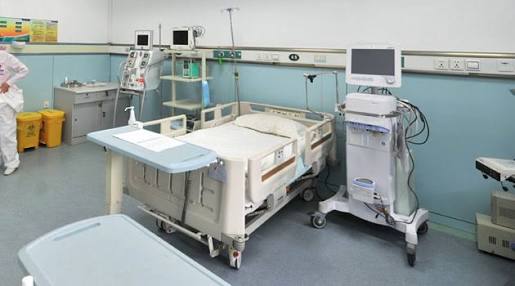
Hydrocele Treatment (Surgical)
A hydrocele is an accumulation of serous fluid in a body cavity. A hydrocele testis is the accumulation of fluids around a testicle. It is often caused by fluid collecting within a layer wrapped around the testicle, called the tunica vaginalis, which is derived from peritoneum. Provided there is no hernia present, it goes away without treatment in the first year. Although hydroceles usually develop…
-
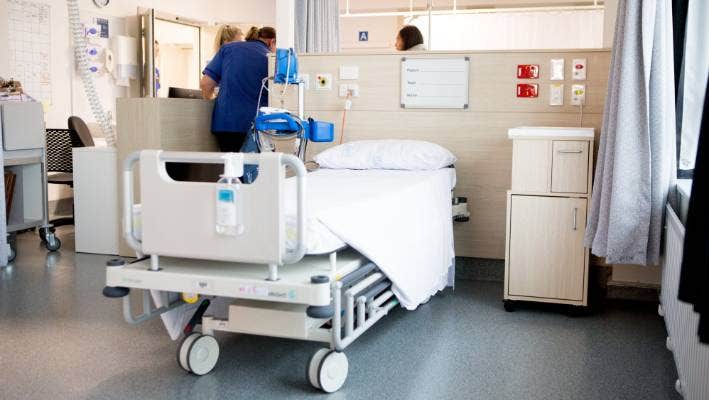
Urinary Incontinence (Ui) Treatment
It’s important to determine the type of urinary incontinence that you have, and your symptoms often tell your doctor which type you have. That information will guide treatment decisions. Your doctor is likely to start with a thorough history and physical exam. You may then be asked to do a simple maneuver that can demonstrate…
-
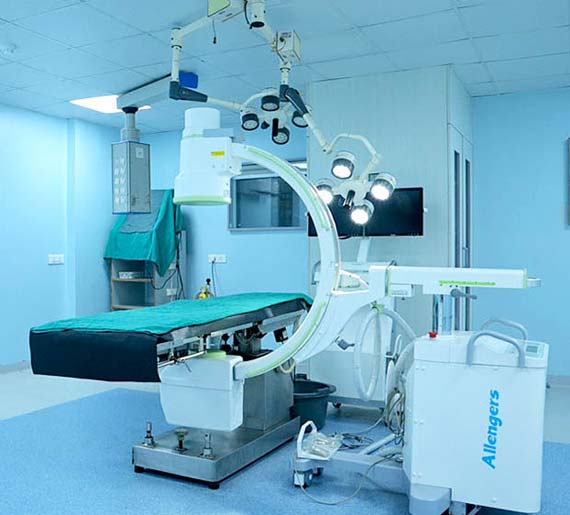
Treatment Of Male Sexual Problems
Sexual dysfunction is any physical or psychological problem that prevents you or your partner from getting sexual satisfaction. Male sexual dysfunction is a common health problem affecting men of all ages, but is more common with increasing age. Treatment can often help men suffering from sexual dysfunction. The main types of male sexual dysfunction are: Erectile…
-
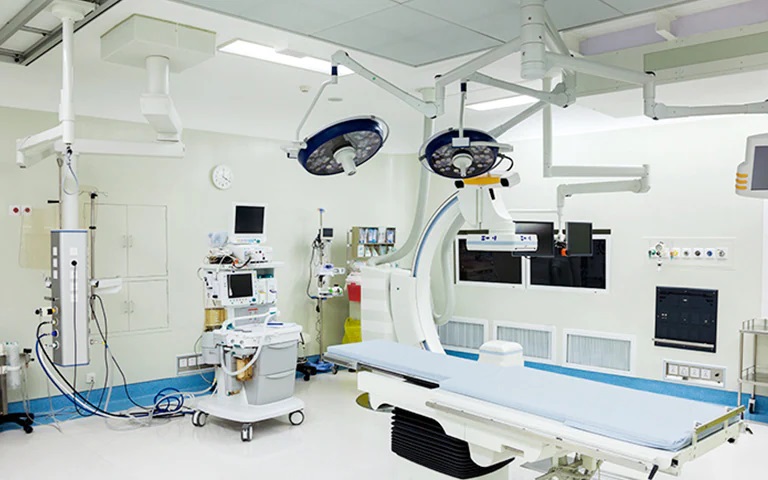
Treatment Of Erectile Dysfunction
For many people, a physical exam and answering questions (medical history) are all that’s needed for a doctor to diagnose erectile dysfunction and recommend a treatment. If you have chronic health conditions or your doctor suspects that an underlying condition might be involved, you might need further tests or a consultation with a specialist. Tests…
-
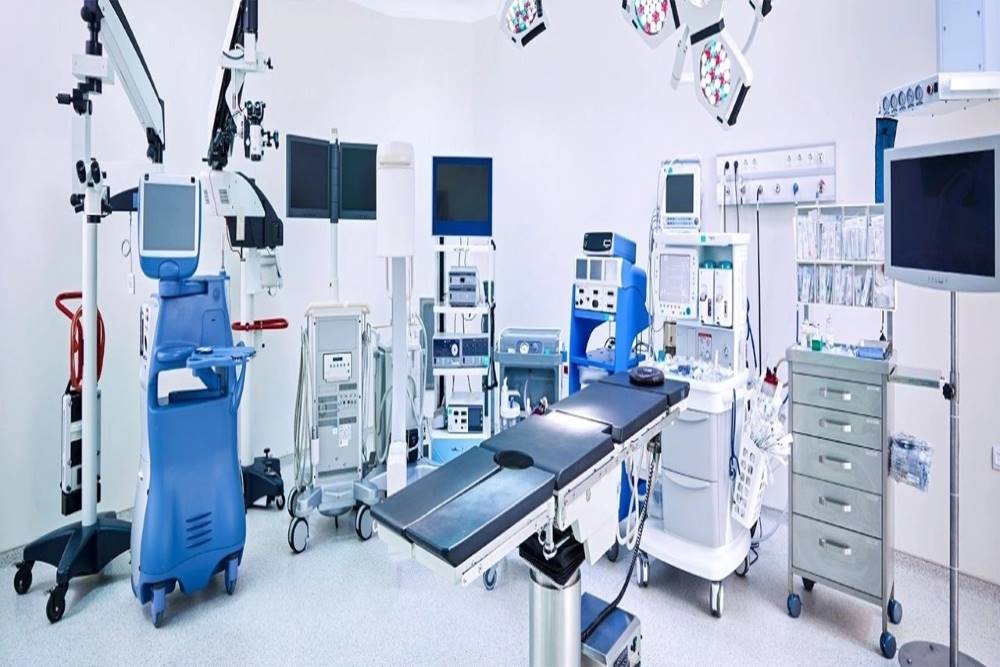
Urology Minimally Invasive Surgery
In minimally invasive surgery, doctors use a variety of techniques to operate with less damage to the body than with open surgery. In general, minimally invasive surgery is associated with less pain, a shorter hospital stay and fewer complications. Laparoscopy — surgery done through one or more small incisions, using small tubes and tiny cameras…
-
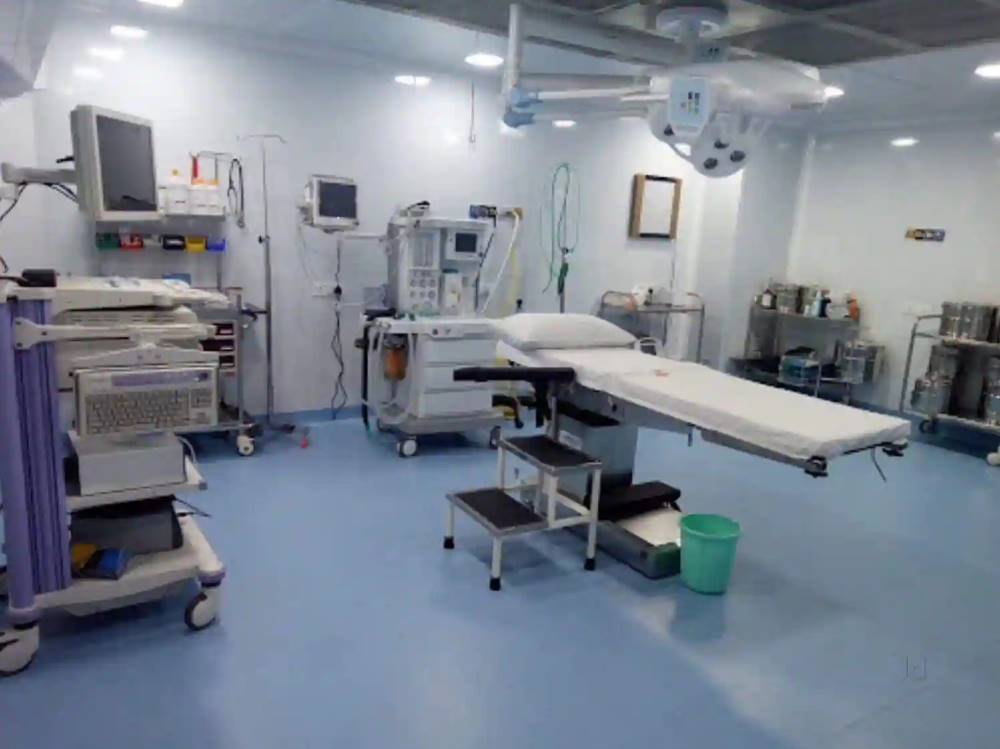
Kidney Transplant Treatment
Kidney transplant or renal transplant is the organ transplant of a kidney into a patient with end-stage kidney disease (ESRD). Kidney transplant is typically classified as deceased-donor (formerly known as cadaveric) or living-donor transplantation depending on the source of the donor organ. Living-donor kidney transplants are further characterized as genetically related (living-related) or non-related (living-unrelated) transplants, depending on whether a biological relationship exists between…








